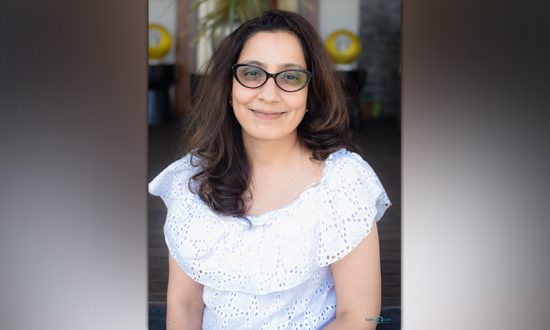Purvi Gandhi is an Occupational therapist (an alumnus of Seth G S medical college, KEM hospital) with extensive experience of over 24 years. She has been certified by the University of Southern California for Sensory Integration (SIPT). Her clinical expertise lies in dealing with children from 3 years to adults. She is very passionate about working with children with various abilities using a wholistic, family centred, evidence-based approach, tailoring individualized therapy for every child to reach their full potential. She is presently working as a consultant with Aditya Birla Integrated School and operating from her clinic named Therapy At Its Best, situated in South Mumbai.
Let us understand a little about learning difficulties at all ages before we understand do’s and don’ts.
Early warning signs of learning challenges can be a developmental delay, inability to read/ write, writing reversals, difficulty in memory, difficulty with numbers, not following instructions, clumsiness. Learning challenges can be associated with attention deficit, sensory processing disorders, and executive function deficit. Learning difficulties can be diagnosed earliest by the age of 7 years by Psychoeducational testing. An evaluation by an Occupational therapist and Speech therapist (in case of speech delays) before or after the age of 7 years can reveal if the child has sensory processing difficulties or any other developmental delay which can impact motor-sensory skills and thus learning.
There are two sets of parents:
- A parent who would want to start with therapeutic interventions early in life since this would help in getting the child ready for academic learning by enhancing brain development, and provide an opportunity to their children to build a strong foundation for basic skills on which higher function skills will be built.
- A parent who thinks their child would catch up as he grows since they had experienced the same thing and they turned out ‘FINE’.
In 24 years of my professional practice, I have come across both sets of parents and have seen a marked difference in a child who has received Interventions at an early age. They were more ready for learning since their foundation was strengthened with therapeutic interventions.
I have also had parents who come for help later, by 9 or 10 years of age. At this age, children are bombarded with a lot of academic expectations, peer pressure, social distractions, gadgets, etc. Overall most importantly, they have the definite idea that they are not as good as their peers. So, a lot of avoidance, giving up challenges and sticking to what they know behaviour sets in and this can be especially dangerous if carried throughout life. If focused upon in time, therapeutic interventions are also successful at this stage in bringing about a change from a fixed mindset to a growth mindset.
What kind of difficulties and therapeutic interventions are we looking at in high school and at the university level?
At this stage, what I have come across are parents coming with complaints that their child is struggling with timing and organizational skills, is unable to submit assignments on time, does not organize information appropriately for his written expression, or is disorganized himself. This could result in frustration; hence the child would give up a particular task after getting exhausted trying to fit in. I would address this as an executive function deficit.
As an occupational therapist, I have worked on this by stimulating the brain in case of any processing difficulties or strengthening memory skills, plus giving strategies to support an individual issue.
My personal experience tells me that an amalgamation of therapies – Remedial learning with expert teachers, counsellors, experienced Occupational therapists, Speech therapists would instil a sense of support, motivation, skills required to face academic and personal challenges.
To summarise, when you don’t engage with therapeutic interventions that your child requires, you are limiting their growth. But when you do engage, you are opening the door to a world of possibilities.




